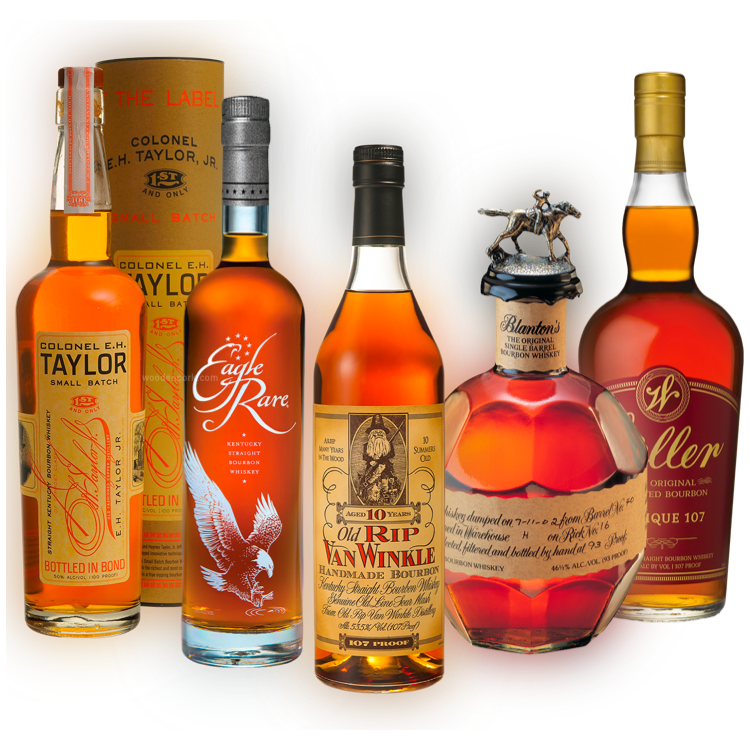‘Low-calorie’ label could drive spirits innovation
A lack of 'low-calorie' labelling for spirits in the UK is stifling innovation in the sector, the managing director of online retailer Skinny Booze has said.
While producers in the US and Australia may label low-calorie or low-sugar products as such, there is currently no designation for alcoholic drinks produced in the UK to carry similar markers. As a result of the lack of regulations for low-calorie drinks, Tom Bell, the managing director of online drinks retailer Skinny Booze, believes producers are less inclined to create drinks with a reduced calorific content. “The legislation stops a lot of innovation in the current UK market,” he said. “You've only got to look at other markets where this kind of innovation is bringing up incredible new brands from either a small or a large producer every single week. “There are not enough household brands operating in this space, household brands and big labels are currently looking at the no- and low-category and are yet to really adopt that light or low-carb and low-calorie offering.” Earlier this year, the UK government launched a consultation regarding plans to provide calorie labelling on alcoholic beverages. At the time of the announcement, the UK government cited research that shows 80% of people are unaware of how many calories are in common drinks and tend to underestimate the calorific content. As such, it is hoped by labelling the calorie content in alcoholic beverages, consumers will reduce their consumption and obesity levels nationwide will decrease. While also encouraging consumers to monitor their calorie intake, Bell also believes such regulation would encourage UK producers to innovate in the low-calorie space. He said: “It is really, really tough to try and cut through the current market because it is so shackled by old school legislation. It is illegal for us to call something low-carb in the alcohol space. “In other markets you can call a drink low carb because they have set a principle of if you have 30% or fewer carbs than the mainstream, you can call yourself low-carb. We don't have that here, so why would anyone try and create a low-carb product? “I think if the legislation changes, it’s going to breed that desire for alternatives like it has done in every other market that have adopted these labellings.”



